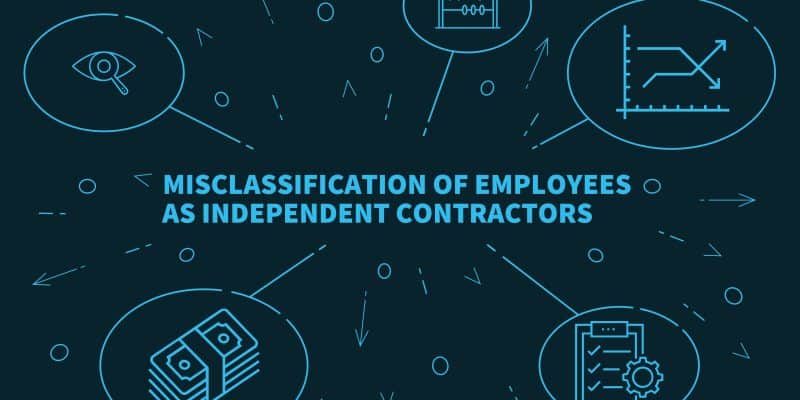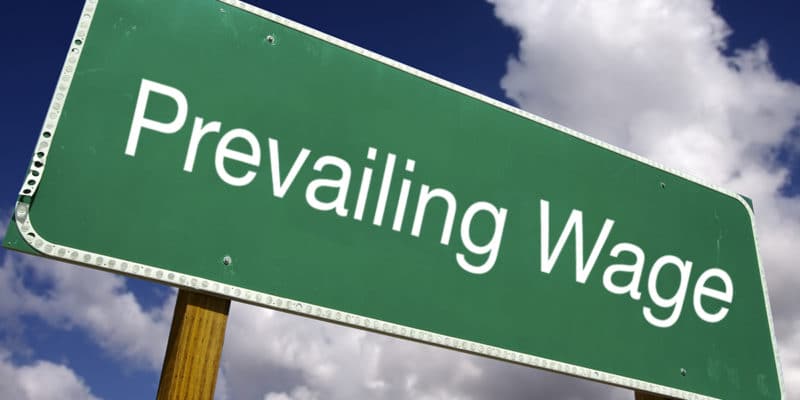Unlawful Department of Labor Rule Will Increase Wage Theft for Workers
February 27, 2020
News Release, Office of the Maryland Attorney General
BALTIMORE, MD (February 26, 2020) – Maryland Attorney General Brian E. Frosh today joined a coalition of 18 attorneys general in filing a lawsuit to stop the Trump Administration from eliminating key labor protections for workers.
The lawsuit challenges a United States Department of Labor (USDOL) rule that seeks to unlawfully narrow the joint employment standard under the Fair Labor Standards Act (FLSA). The FLSA is the federal law establishing a baseline of critical workplace protections, such as minimum wage and overtime, for workers across the country. The joint employment standard determines when more than one employer is responsible under FLSA because both exert sufficient influence over a worker’s employment.
This change would undermine critical workplace protections for the country’s low-and middle-income workers and could lead to increased wage theft and other labor law violations.
Over the past few decades, businesses have increasingly outsourced and subcontracted many of their core responsibilities to intermediary entities, instead of hiring workers directly. Because these entities tend to be less stable, less well-funded, and subject to less scrutiny, they are more likely to violate wage and hour laws.
In the suit, the coalition argues that USDOL’s new rule provides an incentive for businesses to offload employment responsibilities to smaller companies, which, under the new rule, will shield them from federal liability for wage and hour obligations under the FLSA. The attorneys general argue implementing the new rule will result in lower wages and increased wage theft for workers, especially for workers in low-wage jobs. Further, the new rule will make it more difficult to collect unpaid back wages for workers.
“The rule change is unfair to working men and women around the country. It will allow businesses to outsource labor and skirt important worker protections,” said Attorney General Frosh. “The proposed rule is inconsistent with the Fair Labor Standards Act and undermines Maryland law as well.”










